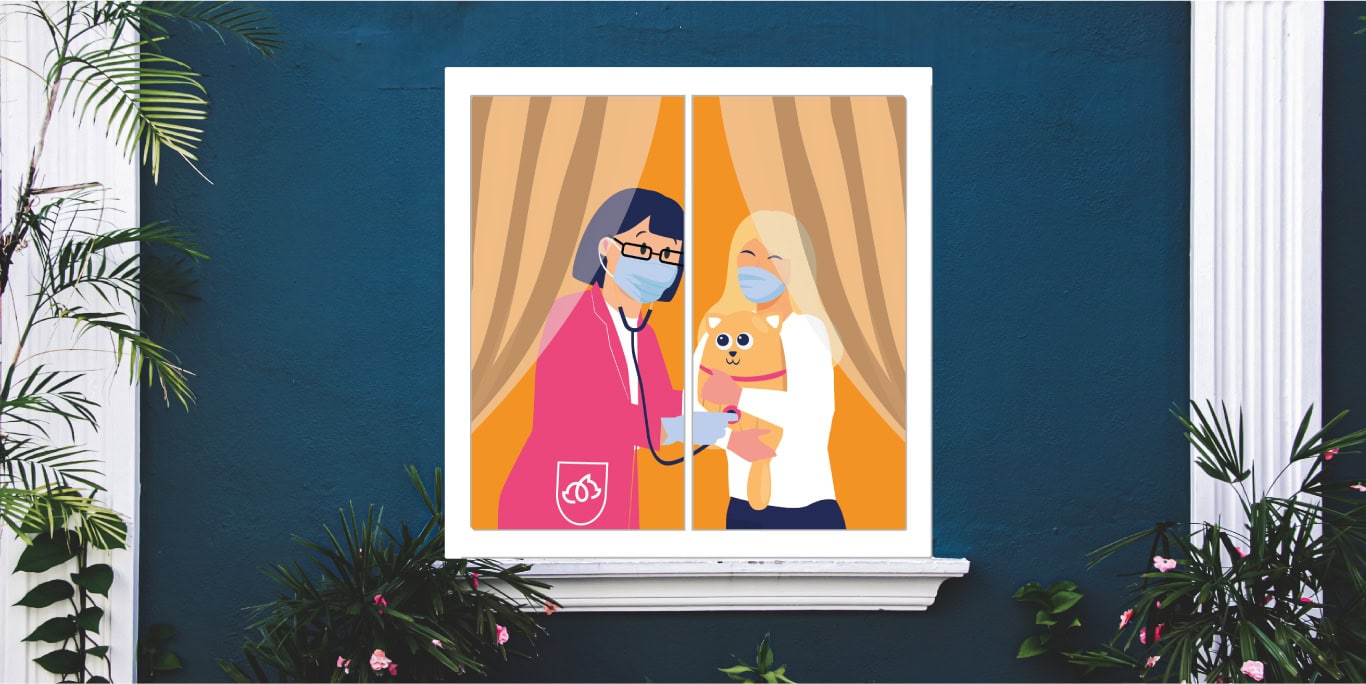Being a cat owner goes beyond having the best supplies – it also involves keeping on top of your cat’s health and wellness, including knowing when to schedule visits with your vet.
But how often should your cat see a veterinarian? The frequency of vet visits can vary based on your cat’s age, health, and lifestyle.
Here’s our expert advice on the frequency of vet visits for your cat or kitten.
How Often Should Your Cat See a Vet?
As licensed veterinarians, we recommend annual wellness exams for healthy adult cats, which are between 1 and 7 years old. However, kittens, senior cats (over 7 years old), or cats with underlying health issues should see a veterinarian more frequently.
Here’s a general guideline on how often different groups of cats should visit the vet:
Kitten Vet Visit Frequency
Kittens should be seen several times in the first year of life, usually starting around 8 weeks of age. They will need a series of vaccinations, deworming, and a thorough physical exam.
Additionally, discussions about spaying or neutering and dietary needs should occur during these visits.
Adult Cats (1-7 years) Vet Visit Frequency
An adult cat should typically visit the vet once a year for a thorough physical examination, dental check, and vaccinations as needed. This annual exam allows your vet to detect any potential health problems early.
Senior Cats (7 years and older) Vet Visit Frequency
As cats age, they are more likely to develop health problems. Therefore, it’s generally recommended that senior cats see the vet at least twice a year for wellness exams and blood work.
Cats with Health Issues Vet Visit Frequency
If your cat has a chronic health condition, such as diabetes or kidney disease, more frequent visits may be required. Your vet will guide you on this.
Remember, these are just general guidelines. The exact schedule may vary based on your cat’s individual health needs, so it’s best to consult with your vet.
Also, any significant changes in behavior, eating habits, or physical condition should warrant a visit to the vet, regardless of the schedule.
BetterVet Brings Vet Visits to Your Home
Most cats hate going to the vet, and the entire process of getting there is stressful for both you and your kitty.
Your cat not only has to brave unfamiliar territory but also the sounds and smells of other pets at the clinic. The result can be howling and hissing.
No cat parent wants to go through that ordeal, so we may hesitate to bring our feline friends for regular checkups. Stressful as the journey may be, your cat requires regular vet care.
Luckily, BetterVet provides high-quality in-home veterinary services to pet owners – making the whole process a million times easier.
It’s easy to book an appointment too! Just book a mobile appointment on our website or download our mobile app. In a few clicks, you’ll have one of our top-rated veterinarians at your doorstep!
By the way, if BetterVet doesn’t currently service your area try out a virtual vet visit to get expert guidance on caring for your furry feline.
Frequently Asked Questions
What happens during an in-home cat wellness exam?
Once you schedule your in-home visit, our mobile veterinarian and nurse will come to your home to give your feline a nose-to-tail examination. Our doctor will discuss your pet’s history and determine the best schedule for your cat before administering any vaccine.
Are there online vet visit alternatives for cats?
Besides home visits, our BetterVet pet parents can also access our services via video consultation. These consultations allow us to follow up on your cat’s health and answer any veterinary medicine questions you may have.





